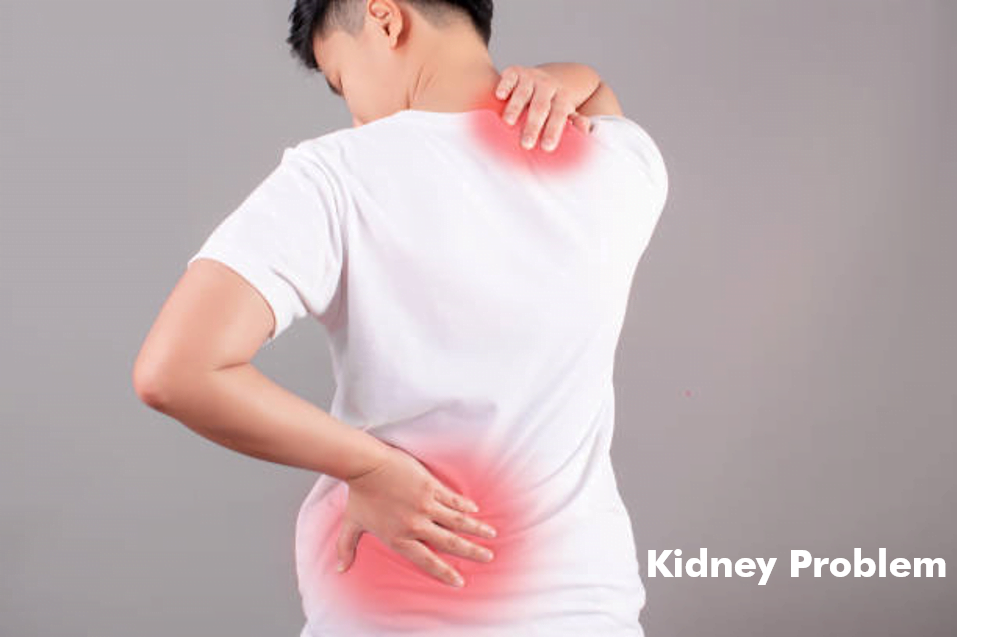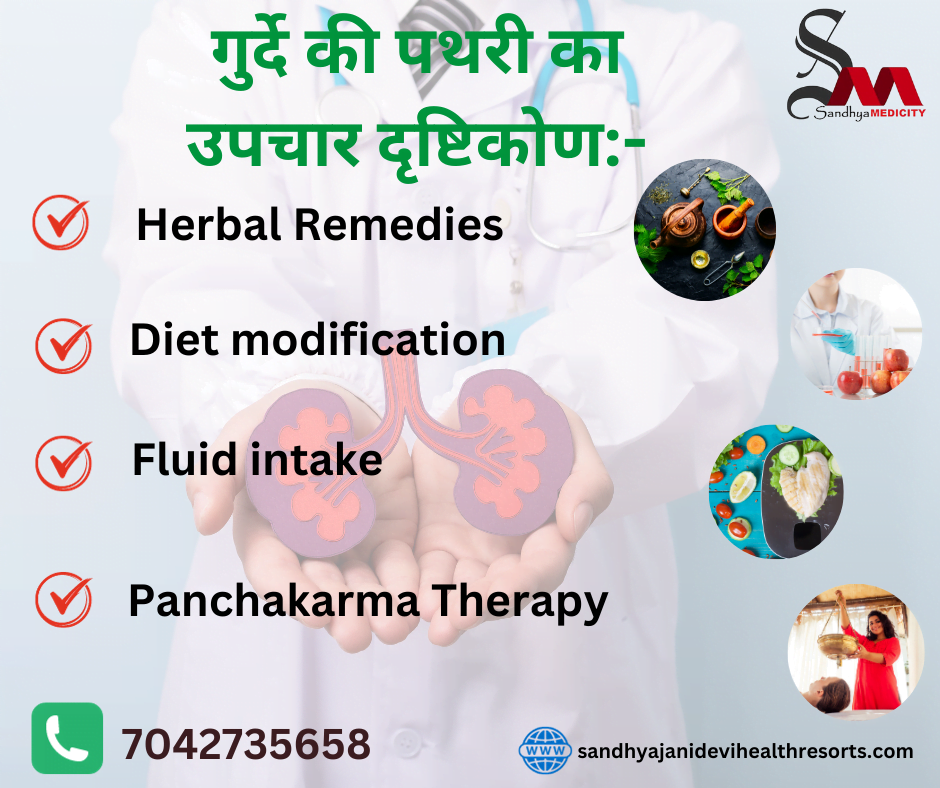We tackle a question that has puzzled many: Does milk cause kidney stones? Join us as we explore the facts and learn about the five leading causes of kidney stones. If you find this information valuable
Does Milk Cause Kidney Stones:-
The notion that the consumption of milk causes kidney stones has been widely debated. However, it is important to understand that kidney stones are usually formed due to a combination of several factors, one of which is diet.
While milk contains calcium, a mineral most often associated with the formation of calcium oxalate kidney stones, there are more subtle factors that play a role.
Recent studies have shown that moderate milk consumption is not directly associated with an increased risk of developing kidney stones. In fact, milk contains several essential nutrients, including calcium and vitamin D, which are important for overall bone health. But, like any food or beverage, moderation is key.
That being said, excessive consumption of milk and dairy products could potentially contribute to the development of kidney stones, especially if other risk factors are present. It’s important to note that individual sensitivities vary greatly, and these findings may not apply to everyone. Let us now turn our attention to the primary causes of kidney stones.

5 major causes of kidney stones:-
Kidney stones can be caused by various factors, and it is necessary to understand these in order to take necessary precautions. Here are five primary reasons:-
Dehydration:- Inadequate fluid intake can concentrate urine, which can lead to the formation of crystals and stones. Staying hydrated by drinking enough water throughout the day is important to prevent kidney stones from forming.
High-oxalate diet:- Consuming excessive amounts of oxalate-rich foods such as spinach, rhubarb and beetroot can contribute to the development of calcium oxalate stones, which are the most common type of kidney stone. However, it’s important to note that calcium from milk is different from dietary oxalates and can actually bind to them, reducing their absorption.
High sodium diet: –Excessive sodium intake can disrupt the balance of certain minerals in the urine, thereby promoting the formation of kidney stones. One preventive measure is to reduce sodium consumption by avoiding processed foods and choosing fresh, whole foods.
Genetics:- Family history plays a role in the formation of kidney stones, as certain genetic factors can predispose individuals to develop stones. Understanding your family history can help identify potential risks and seek early intervention.
Underlying medical conditions:- Certain medical conditions, such as hyperparathyroidism, gout, and urinary tract infections, can increase the chances of kidney stones. It is essential to manage these conditions under medical supervision to reduce the risk.
conclusion:-
While moderate milk consumption has not been directly linked to kidney stone development, it is important to consider your overall diet, fluid intake and personal sensitivity. Remember to stay hydrated, have a balanced and varied diet


